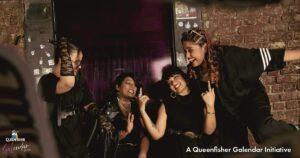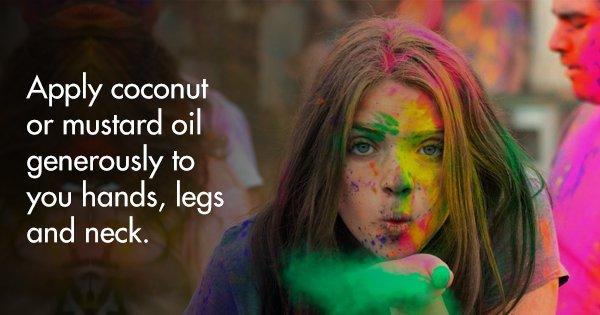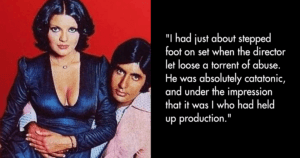It is largely understood that any woman with the surname or middle name ‘Kaur’ is a Sikh. It is a part of a Sikh woman’s culture to take on the title of ‘Kaur’, something that all of them share. But it can mean different things to different women.
Saji Kaur Sahota and Jessie Kaur Lehail, a photographer-writer duo from British Columbia, Canada, undertook a project to find out what the title means to different Sikh women. Their series, called the “Kaur Project,” aims to bring out the diversity in thought of all the women who share this title.
Sahota does a photo shoot with all the women featured while Lehail conducts a 20-minute phone interview. She feels that a phone conversation makes it easier for women to talk about things that they may refrain from talking about in person.
Lehail has only two simple questions for them all: “How do you identify yourself as a Kaur” and “What has your journey been so far.” You’d be surprised to see how women from different generations and different work environments have such a variety of answers for the same questions:
1. Gurmit Kaur – Baarwaali
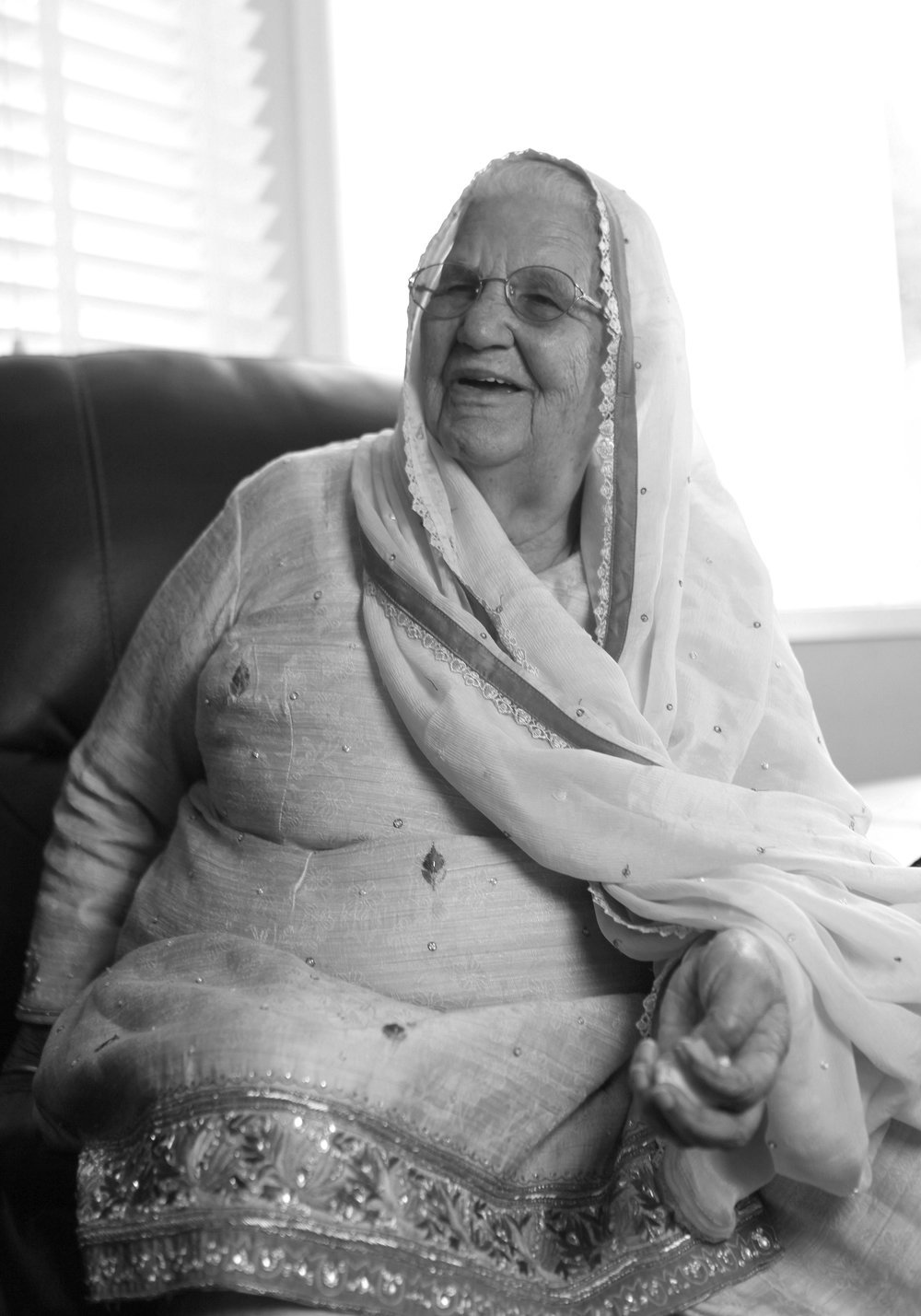
“Being a Kaur is essential to me and my identity. It has aligned with who I am since I was born. I don’t know anything beyond this. For the last twenty years I have taken Amrit and my connection has become even stronger. Because of my surgery, I can’t wear my Kirpan, but my relationship with Babaji has developed and grown as I have gotten older.
2. Inni Kaur – Work In Progress
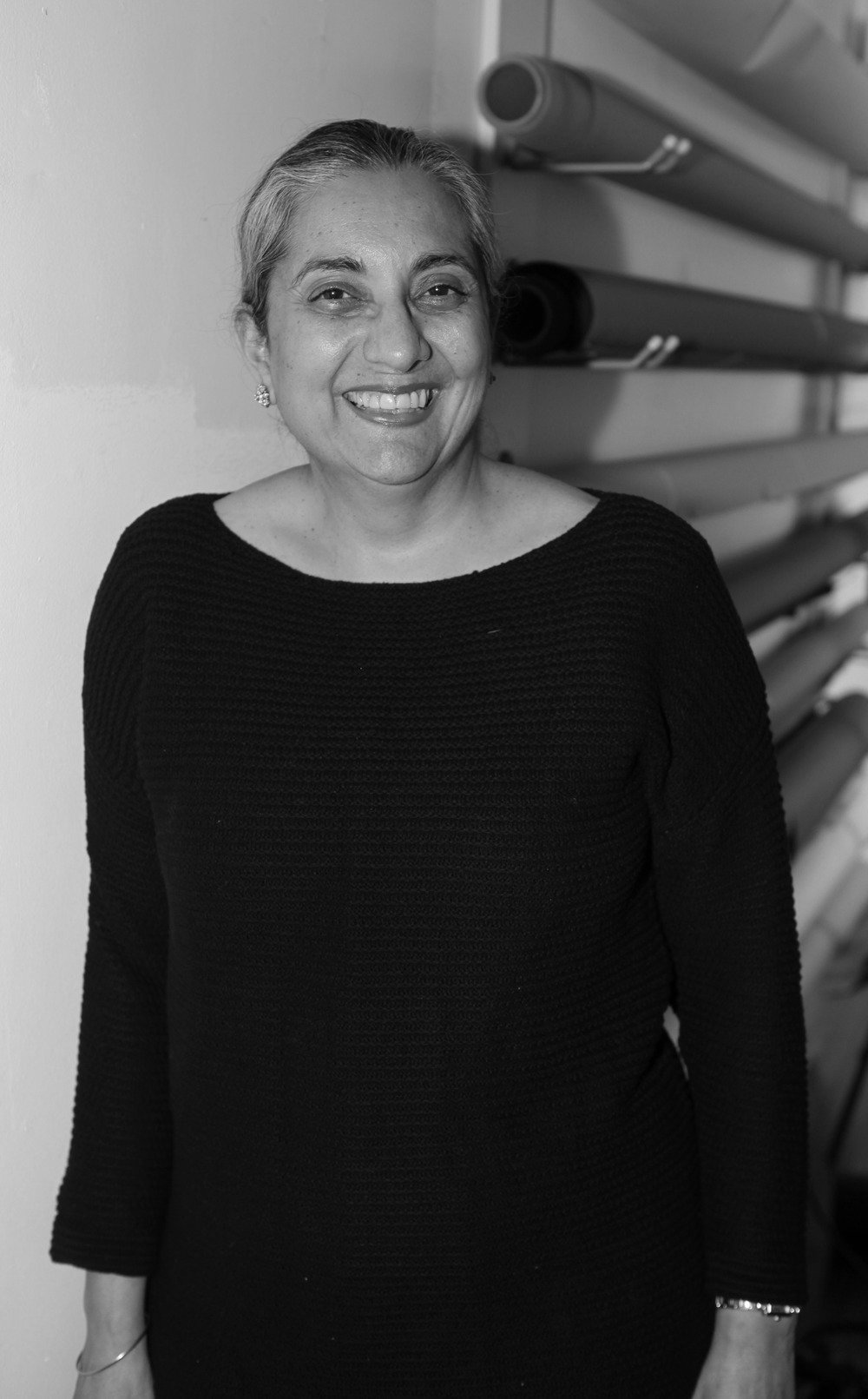
“Being a Kaur was a gift that came late in my life. At the age of 19, when I saw my name (Inni Kaur) printed on my wedding invitation I was upset. I didn’t identify myself as a Kaur. I didn’t know what it meant…I didn’t connect with it…
But after 1984, I had a shift in consciousness. I was drawn to Sikhi…
At the age of 44, “Kaur” was bestowed on me. It was a life-changing experience that I relive nearly every day. I am in gratitude for being graced with Kaur. It is not tied to my familial or husband’s name. I adorn myself simply with Inni Kaur. No other titles are needed. I look beyond gender and focus more on character and actions.”
3. Paaras Kaur – Seeking Strength
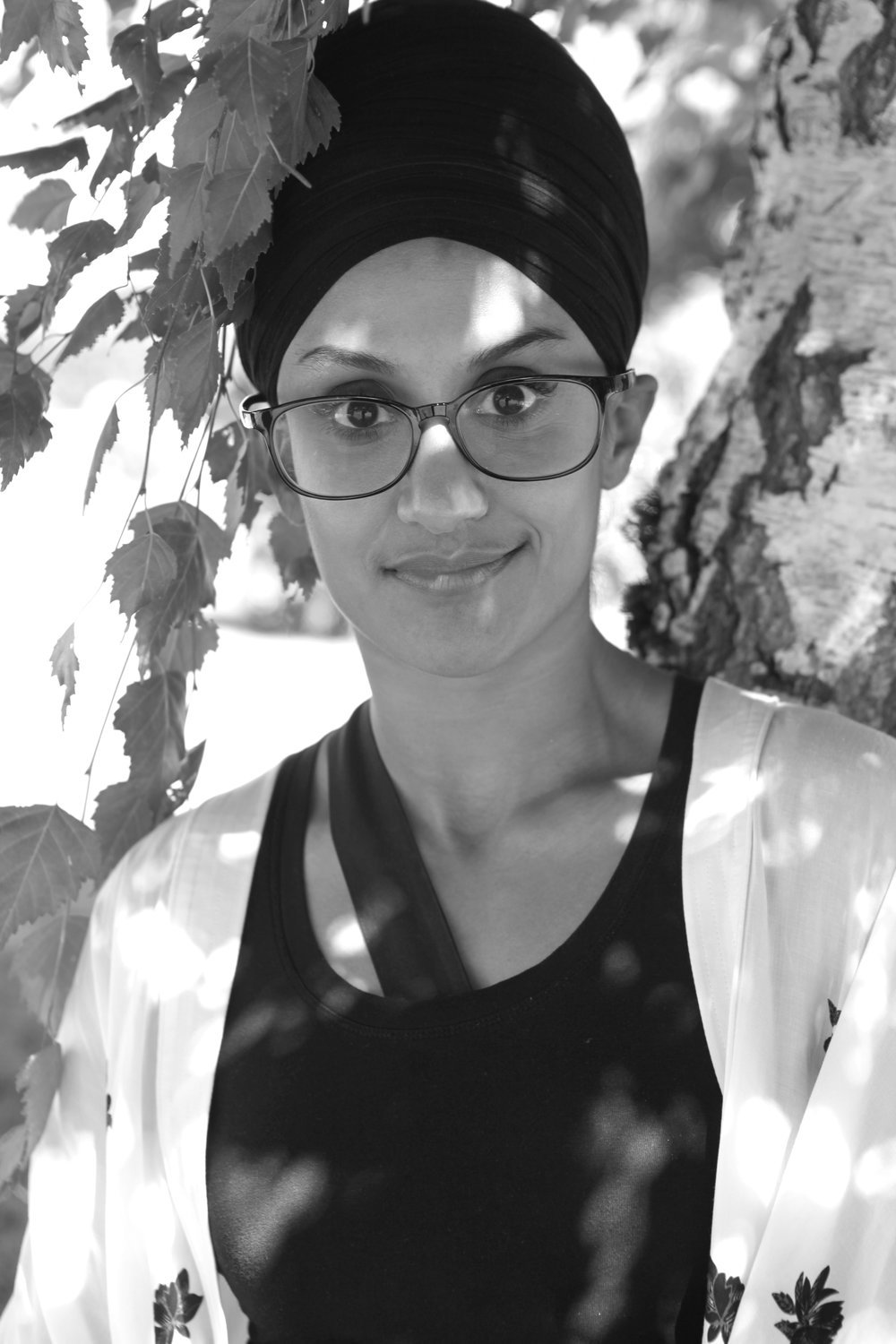
“I think of Kaur as being the daughter of Guru Gobind Singh Ji and as one who upholds the Sikh principles. I didn’t really understand the concept of Kaur until I was given Amrit and was born into Sikhi in 2002. Prior to this, I didn’t know what it meant and its importance was not clear to me. Since then, it has been a learning process in understanding my role in society as a Kaur.
While practicing medicine, I see many Sikh women being drawn to me as patients. As a practitioner, I try to use this opportunity to educate them on the importance of taking care of themselves and their bodies. Even with subtle changes like diet adjustments, they can make huge personal strides. As Kaurs, we break down our bodies, on many levels. I think this has to do with never being given any importance or value on nurturing ourselves and it all comes back to that lower status that was deeply imbedded into our psyche. I think this is why I use medicine in this population to convey the importance of self-care and self-worth.”
4. Harman Kaur – Poetess
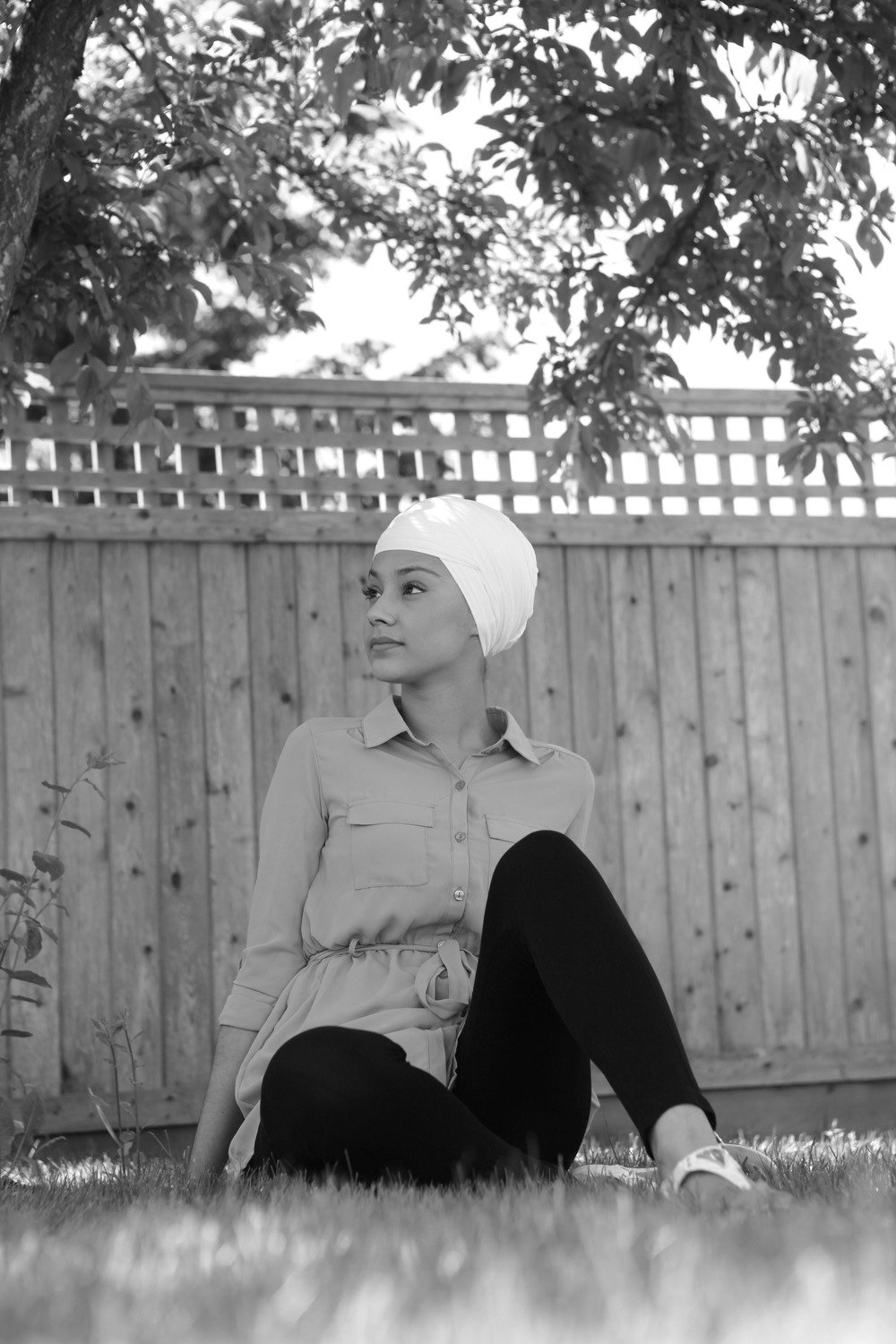
In all honesty, being a Punjabi girl is hard enough with the pressure to uphold family and in-law honour. Add to that, male dominance and traditions, it is a lot of pressure.
Then you have someone like me, who wears a dastar, which opens up the opportunity for more societal critique and pressure to not screw up…I’m sharing all of this because I feel there is an automatic stereotype that families, parents especially who wear dastars are forcing their children. I can confidently say, this is not always the case, this has been my choice…Wearing a dastar, works for me. It may not for someone else. That does not mean, I am a better Sikh than someone who doesn’t. Sikhism is about your own personal journey, your relationship with God.”
5. Raman Kaur – Warrior
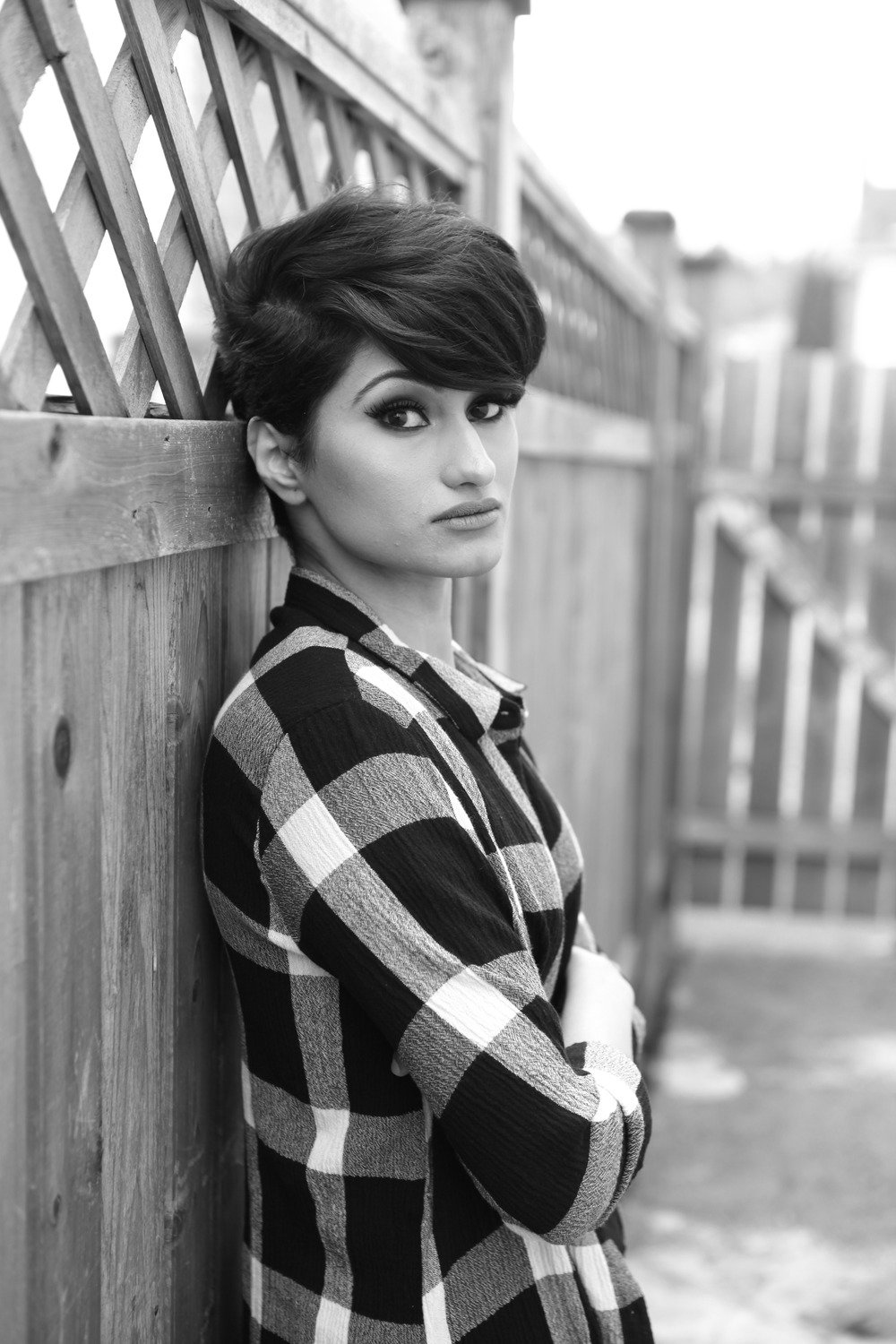
“The experiences of my life have shaped me as a Kaur and a woman, which for me… is one in the same. My focus has been healing and coming into my own. Which lends itself to thinking of modern Sikhi as simply being a good human. So this is what I gravitate towards.
As a Kaur, there are so many expectations. Too many, unnecessarily. Rather than all these expectations, all this pressure, it would just make sense to be good women…good humans.
I believe we don’t have to look or dress a certain way…or be a certain way. My sole job as a Kaur is to be a good woman. There is no classification in my viewpoint. There should be no hierarchy, no judgement between Kaurs. There is no one way of being a Kaur…”
6. Arma Kaur – Inquisitive Engineer
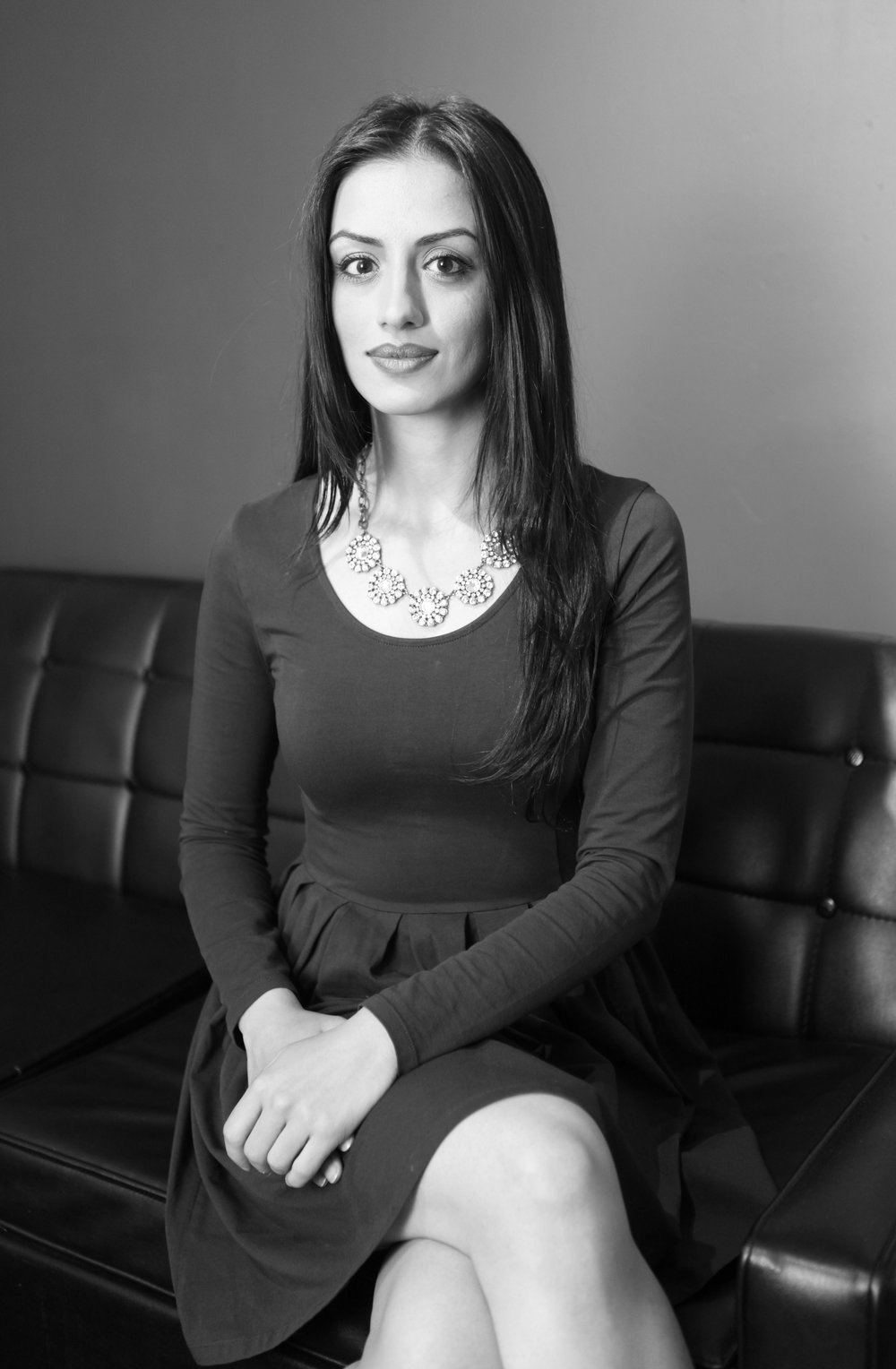
I think a lot of who I am is credited to the values of Sikhi. Values like sharing, humility, openness, respect, and learning are what I live by. I am not religious in that I don’t go to the Gurudwara or do paath, but I live my life following the Sikhi values I learned from Saakhis as a child. To me, the word Sikh may literally translate to student, but to be a student you must be willing to learn.
Sometimes it’s hard being one of the few females or Kaurs in my field of work. I have had challenges because I am a woman, a minority, and young. Early on, people thought I was hired on as admin or that because I was a woman I couldn’t do field work. Luckily, I’ve had male mentors that helped me along the way. My only wish is that there were more Kaurs and women for mentoring opportunities in this field. I know of one other Kaur in California, who is an engineer in my field. She is a role model and doesn’t conform to business attire; she wears Punjabi suits to work. She makes me feel proud. “
7. Rupinder Kaur – Peacekeeper
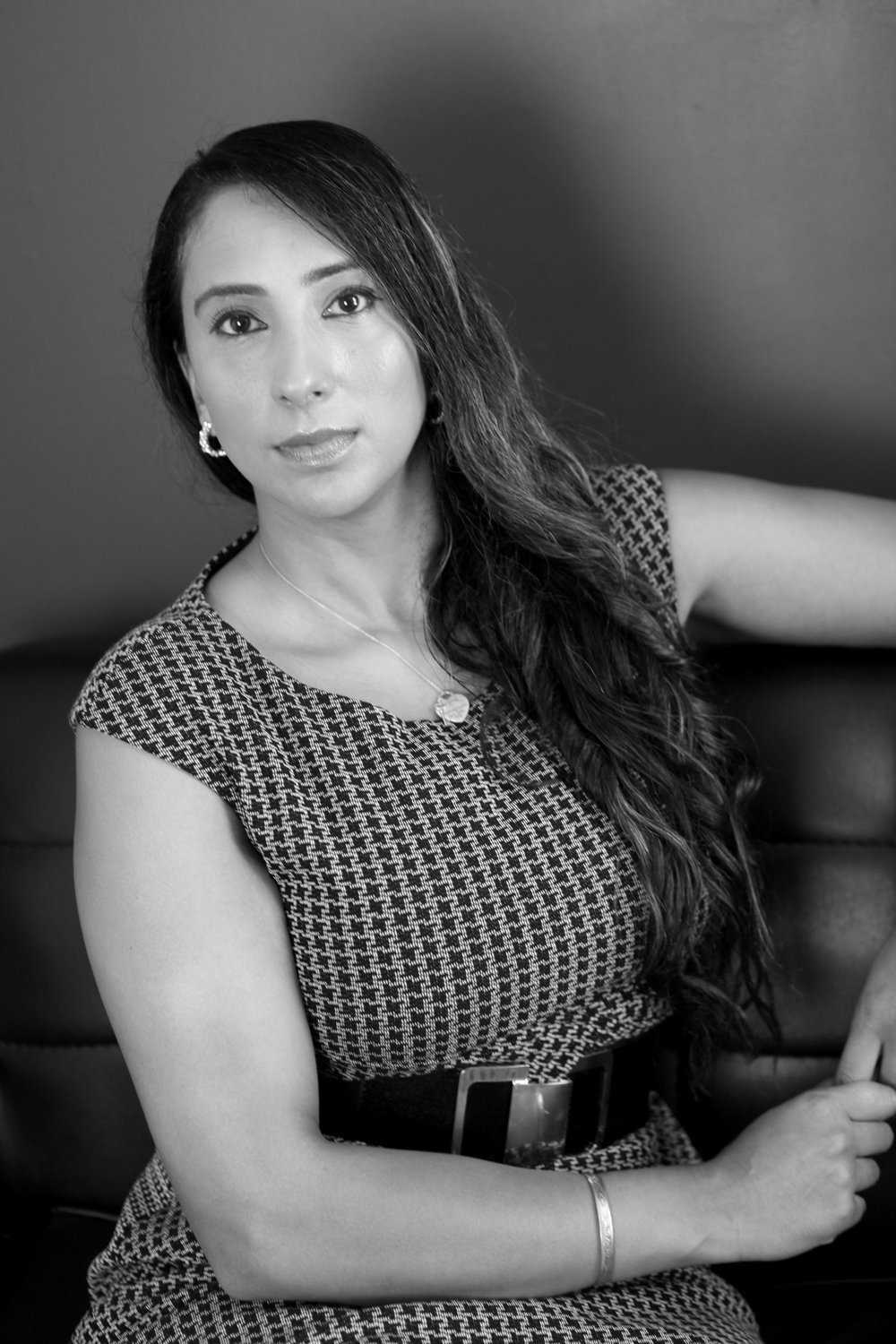
“For me, being a Kaur represents a sense of fearlessness. It’spartly being maternal, but not in the normal meaning of the word, just someone who fights for equality and justice.
I started my policing career in Richmond, with General Duty and then as School Liaison Officer. I then moved into detective work and took on investigating more complex files. I am now a Corporal, Road Supervisor in Surrey. I admit, I was unsure of what people, especially our community’s, response would be with me being a woman, especially a woman of colour. Overall, the response has been overwhelmingly positive. There is a sense of respect and connection. I am always wearing my kara and being fluent in Punjabi and understanding our culture has proven to be a definite asset.”
8. Manveet Kaur – Mom to Be
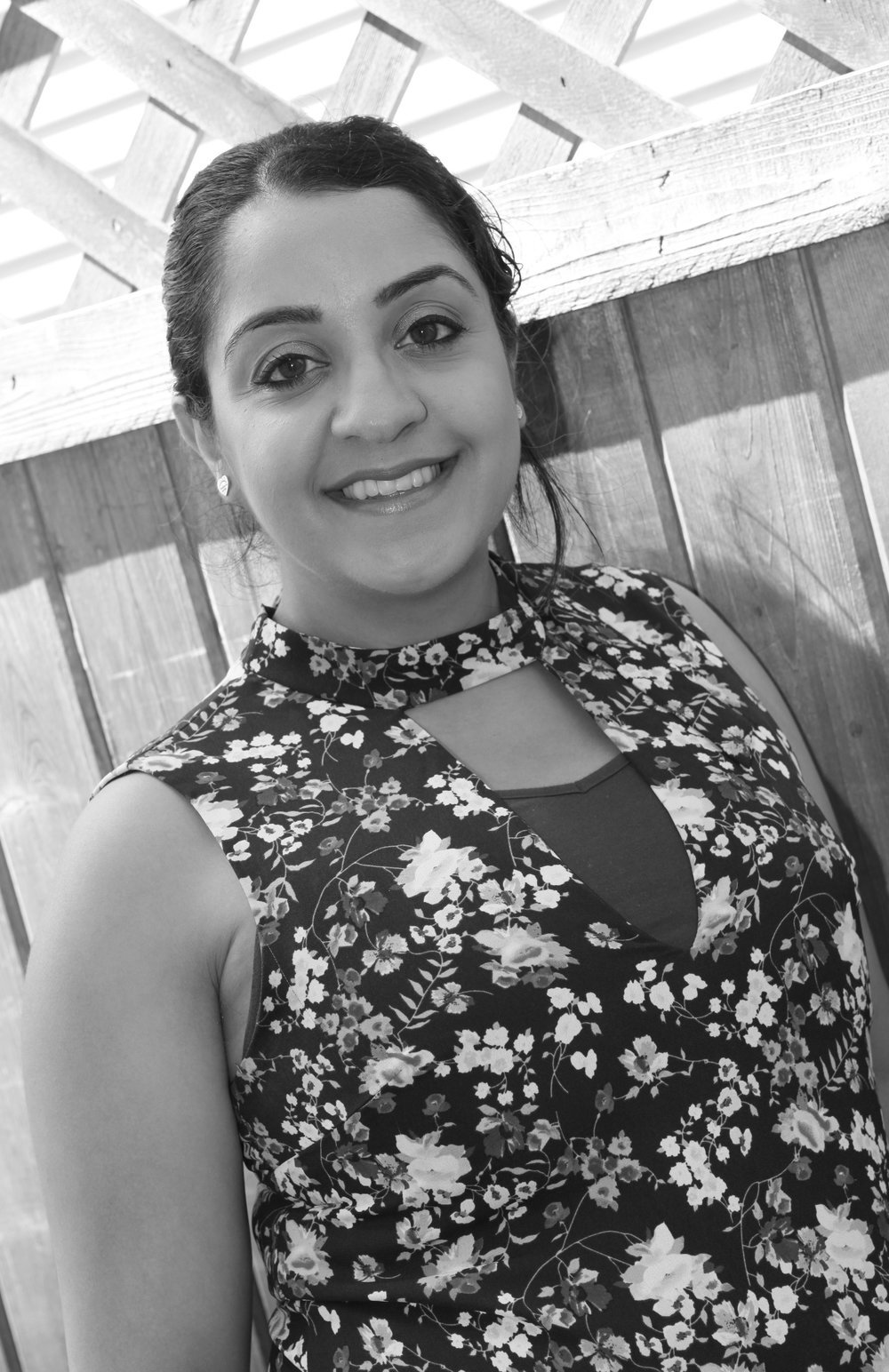
“For me the word Kaur is a big identifier, meaning it it helps me connect from cultural, religious and tradition standpoints.
Its interesting how much pride I feel when my husband, who is a police officer, participates in the annual Vancouver Nagar Kirtan. I think all these connections to our roots help us to be grounded, especially now since I am pregnant with our son. We have had numerous discussions and it is important that we carry on the legacy of our culture and understanding of our religion.”
9. Jessica Kaur – DJ
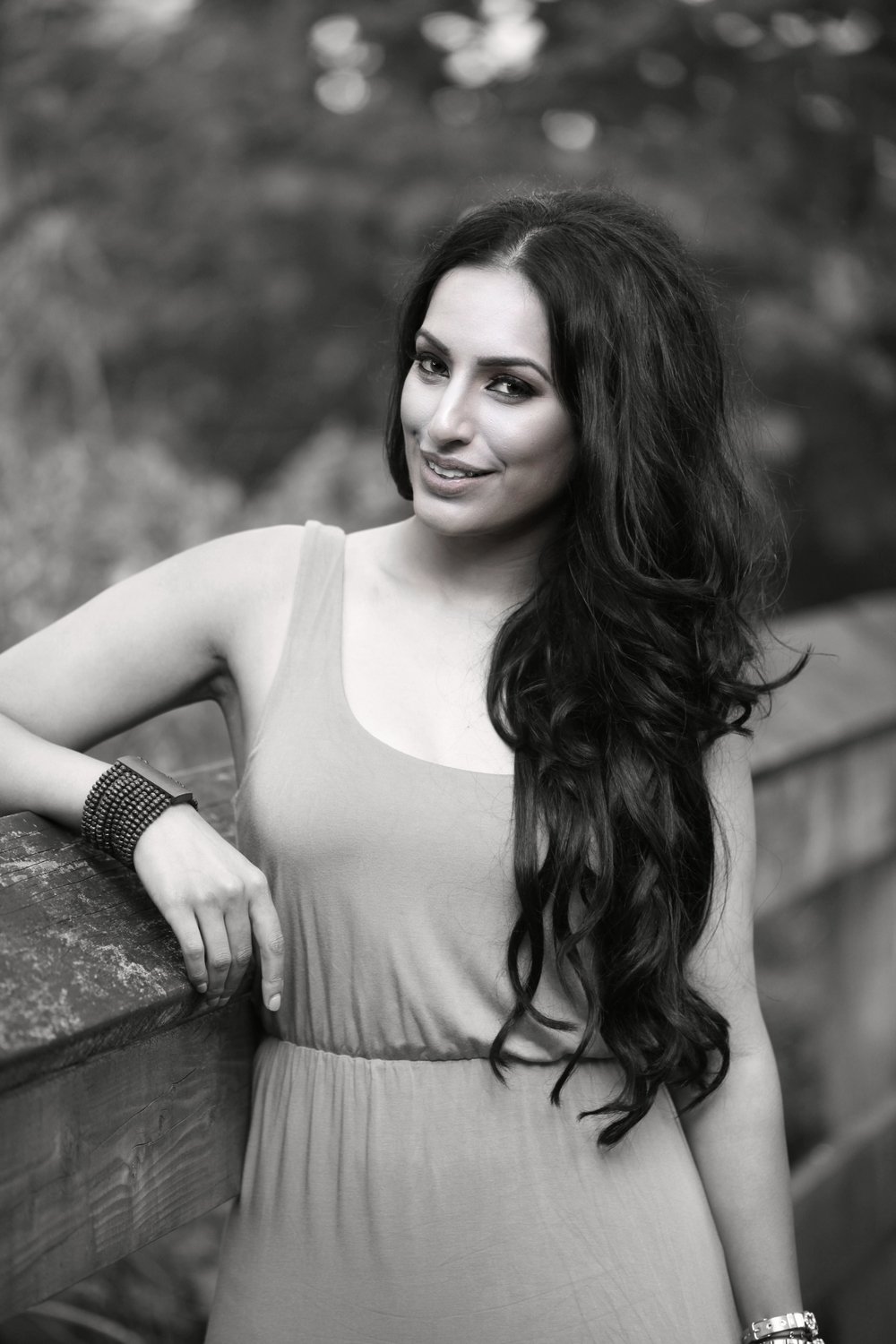
“Its not common knowledge about how religious I was growing up. At the age of eight years old, I was focused on learning as much about Sikhi through attending Khalsa camps. I embraced religion, partly by looking up to my older sisters and channeled my curiosity of religion by doing kirtan and playing the tabla.
My biggest gift from this time was my musical inclination, the rhythm and beats now interconnect to the music I play now. I chose my DJ moniker, DJ Goddess, because I felt empowered by it and that for me is what Kaur represents. My whole DJ like is me pursuing nonconventional goals. I feel like we set our own limits and are able to break our own boundaries to follow our own ambitions. Initially, when starting out on the whole DJ trek,I thought it was a faze, my parents and other family also thought this. However, the more I get into this, the more I realize it is not a hobby or just a side thing. It meshes my love of music, energizing a crowd, and challenges me.
I believe that is because this is truly what I should be doing nowI encourage other Kaurs, who are wanting to pursue a passion to push past their fears and ideas and just try. Being Kaur, having my religion and values underpin anything I do, I know anything is achievable.”
10. Harsharan Kaur – Challenger
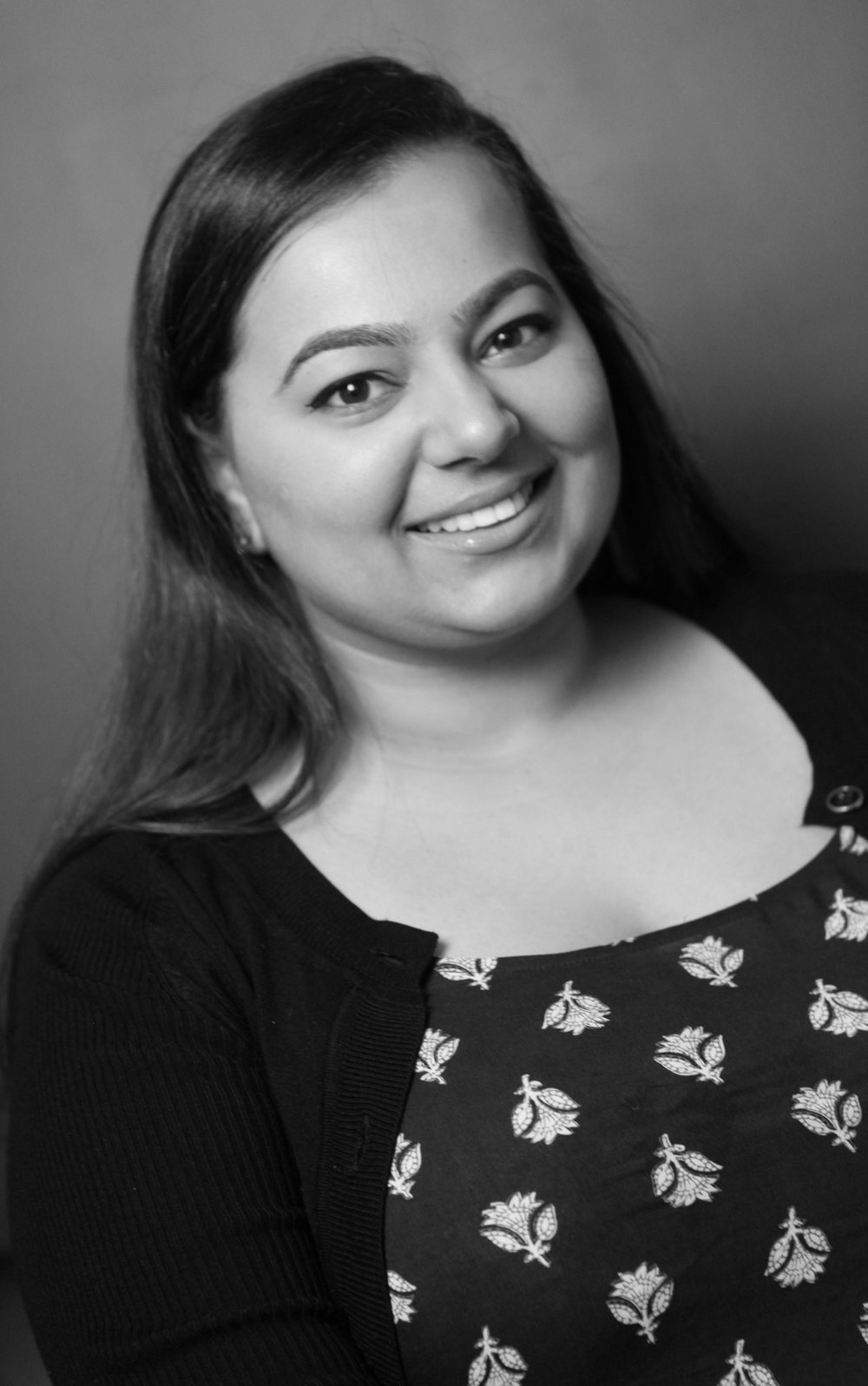
“My definition of being Kaur is always evolving and transforming. As life evolves and I grow, I am challenged and things change. Sometimes being a Kaur means love, compassion, gracefulness or softness. Sometimes it means strength, resilience, being loud, and not accepting no.
As you get older, you experience more and you see it is greater than your family and your culture. You want to challenge the status quo, to stick your neck out, take chances, and fight the fear of failing.
I think it goes back to the realization that being a Kaur is not black and white. You can look at history, and current affairs, even the women around you, we all are different and unique. Overall there is an opportunity to always grow and discover yourself. I think it’s important to use the word Kaur as a foundation to learn more about yourself, to go with it, and really challenge what the word means to you, as you evolve and change as well.”




